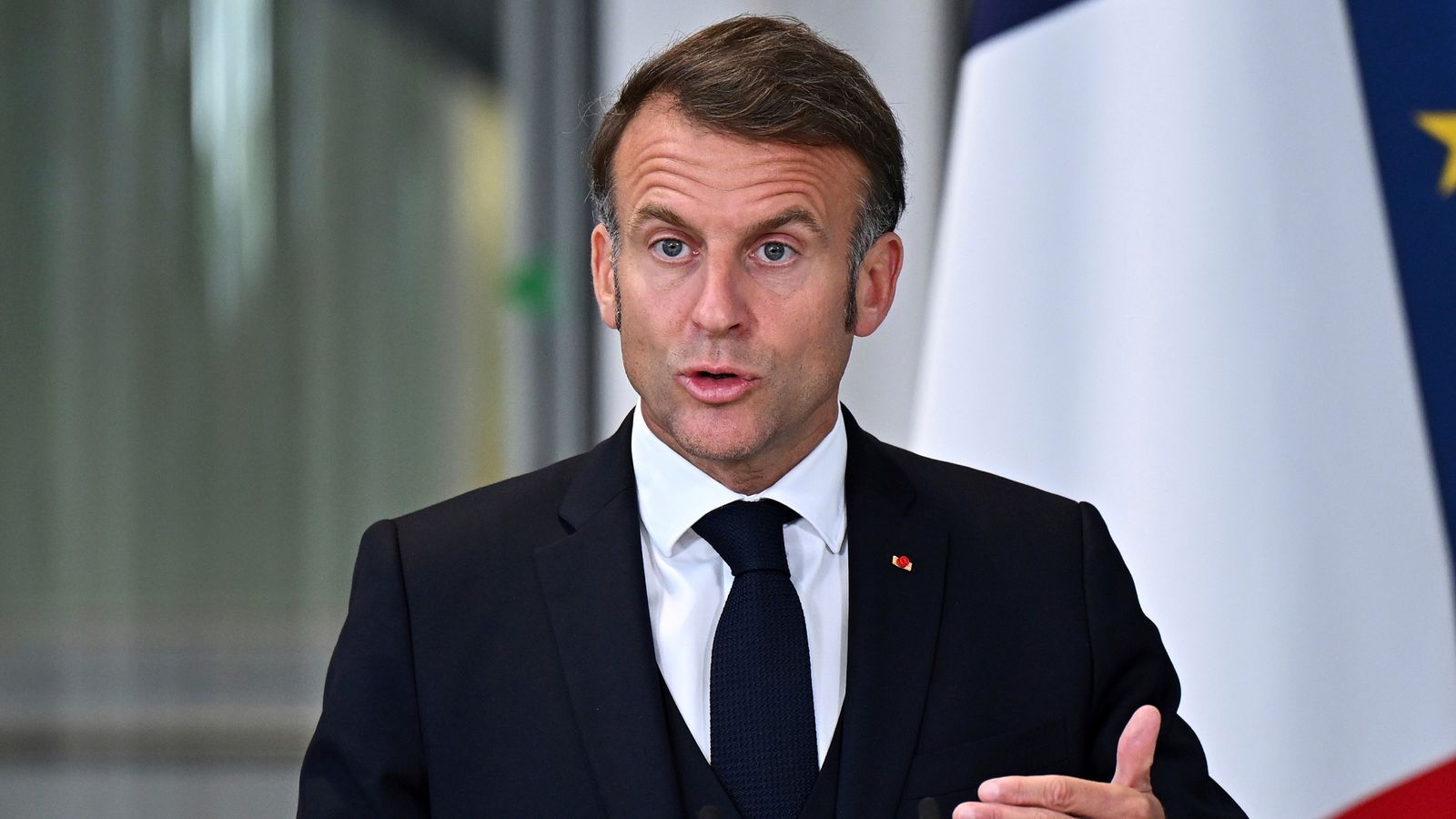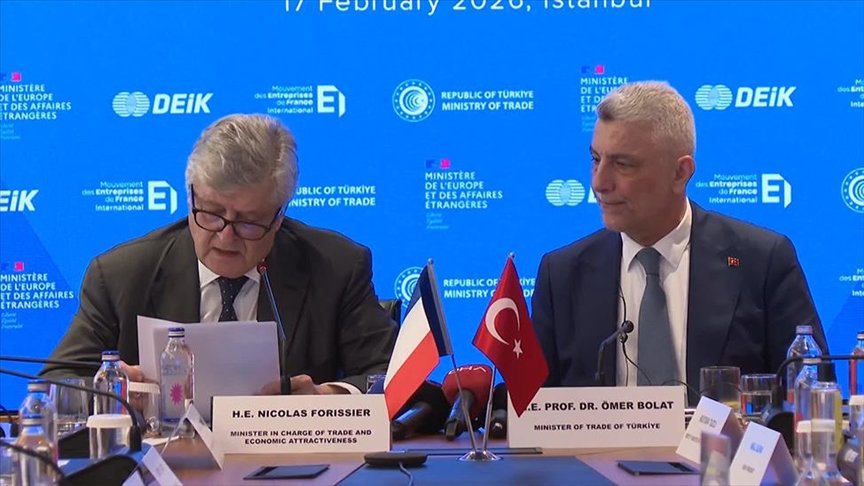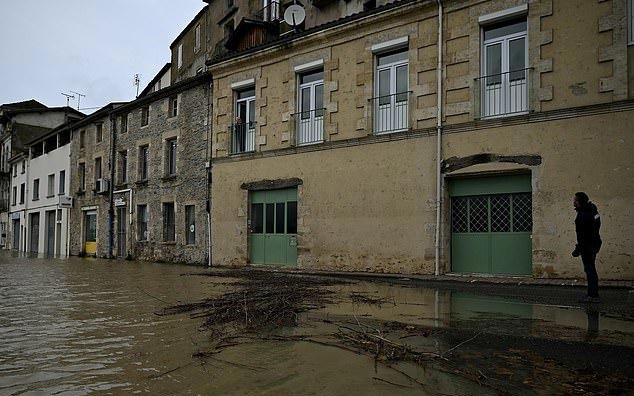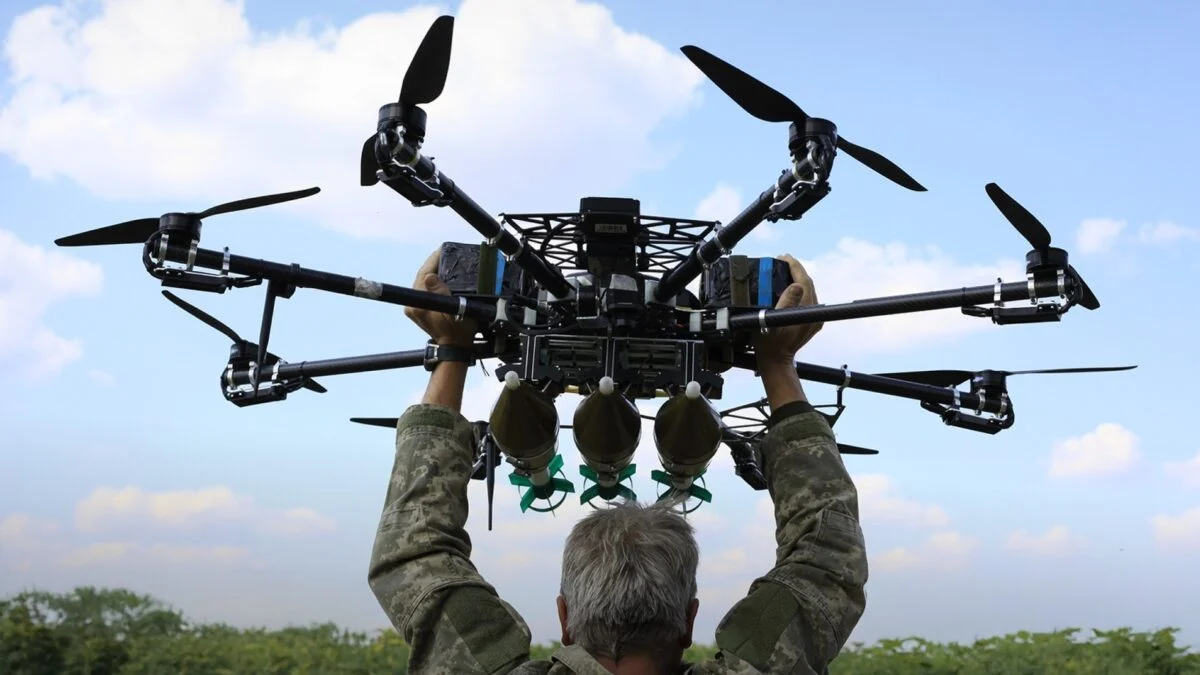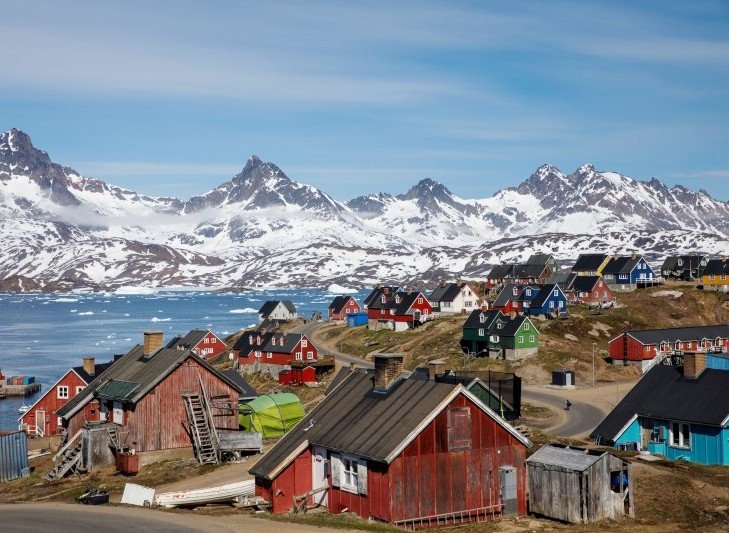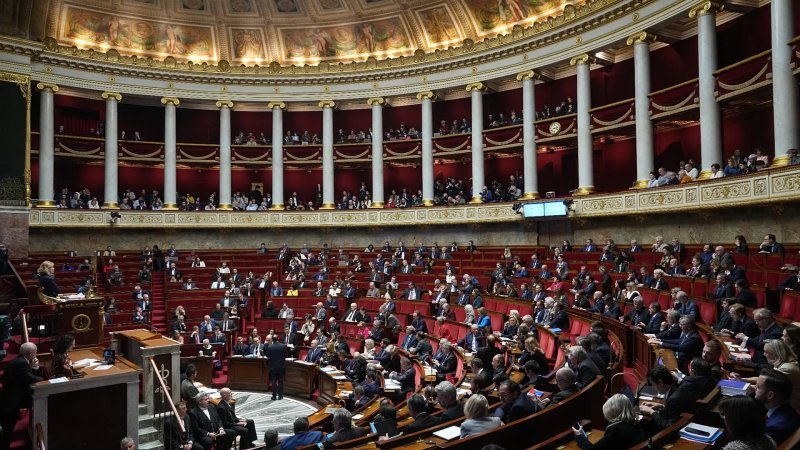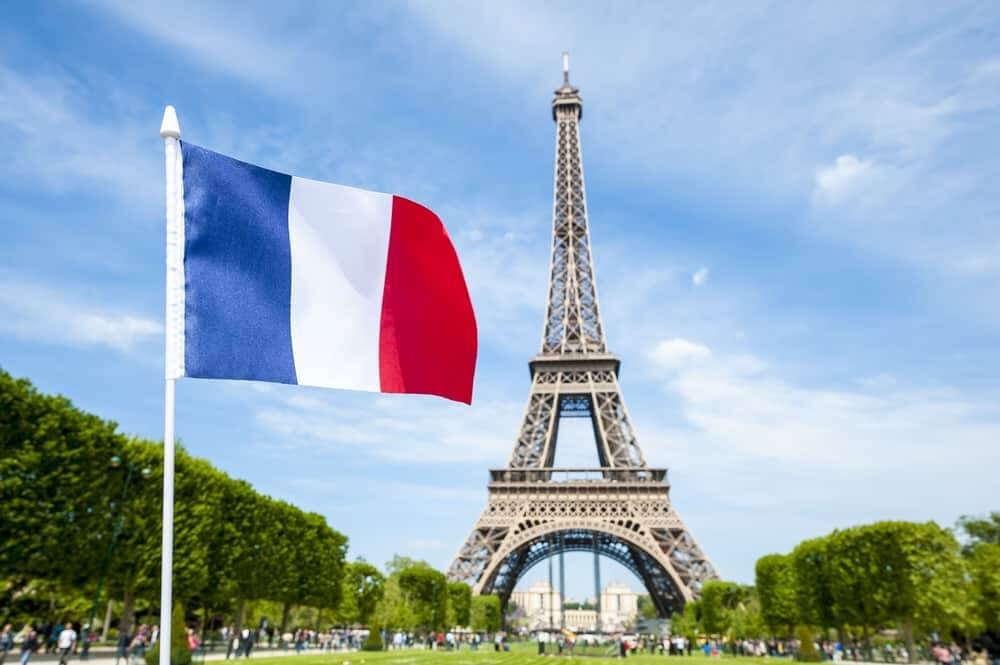Paris, July 25, 2025 – The Europe Today: French President Emmanuel Macron on Thursday announced that France will formally recognise the State of Palestine, joining a growing number of countries calling for a two-state solution amid intensifying global concern over the humanitarian situation in Gaza.
In a statement posted on social media, Macron said the formal declaration will be made at the United Nations General Assembly in September. “The urgent thing today is that the war in Gaza stops and the civilian population is saved,” he said. Macron also shared a letter addressed to Palestinian Authority President Mahmoud Abbas, reaffirming France’s commitment to peace and self-determination for the Palestinian people.
“Given its historic commitment to a just and sustainable peace in the Middle East, I have decided that France will recognise the State of Palestine. Peace is possible,” Macron stated.
The announcement comes as pressure mounts on Israel over its prolonged military campaign in Gaza following Hamas’s October 7, 2023 attack. While Macron initially expressed solidarity with Israel and has spoken strongly against antisemitism, recent months have seen a shift in his stance as concerns over civilian casualties and access to humanitarian aid have grown.
Palestinian Authority President Abbas’s deputy, Hussein al-Sheikh, welcomed the move, saying, “This position reflects France’s commitment to international law and its support for the Palestinian people’s rights to self-determination and the establishment of our independent state.”
Islamist group Hamas also hailed the decision as a “positive step” and urged other nations — particularly European states — to follow France’s lead. “We consider this a positive step in the right direction toward doing justice to our oppressed Palestinian people,” the group said in a statement.
With this decision, France becomes the most influential European power to join the 142 out of 193 United Nations member states that have now recognised or declared their intent to recognise a Palestinian state. The list includes most Middle Eastern, African, Asian, and Latin American countries — though key Western allies such as the United States, Canada, Australia, and Japan have yet to follow suit.
The move has triggered strong reactions internationally. U.S. Secretary of State Marco Rubio denounced Macron’s decision as a “reckless” move, while Israeli Deputy Prime Minister and Justice Minister Yariv Levin labelled it a “black mark on French history” and “direct aid to terrorism.” Levin added that it was now time for Israel to “apply sovereignty” over the occupied West Bank.
Canadian Prime Minister Mark Carney expressed concern over Israel’s actions in Gaza, accusing it of violating international law by blocking Canadian-funded aid, while reaffirming Canada’s support for a two-state solution. He urged an immediate ceasefire and the release of hostages held by Hamas.
Spanish Prime Minister Pedro Sánchez, whose country officially recognised Palestine in May, welcomed Macron’s announcement. “Together, we must protect what Netanyahu is trying to destroy. The two-state solution is the only solution,” he posted on social media.
France’s Foreign Minister is scheduled to co-host a UN conference next week focused on advancing the two-state framework, which has increasingly gained traction as international frustration with the Israeli government grows.
The announcement follows Washington’s decision to suspend ceasefire negotiations in Qatar, citing Hamas’s lack of cooperation. Meanwhile, France and over two dozen mostly European countries this week condemned Israel’s restrictions on aid deliveries to Gaza and the killing of Palestinians seeking food.
The Palestinian aspiration for an independent state encompasses the West Bank, East Jerusalem, and Gaza — all territories occupied by Israel since the 1967 Middle East war. While Israel claims East Jerusalem as part of its capital and continues settlement expansion in the West Bank, Palestinians remain under military occupation with limited autonomy provided by the Palestinian Authority.
France, home to both the largest Jewish and Muslim populations in Western Europe, has seen domestic tensions escalate in response to the conflict. With Thursday’s announcement, Macron seeks to reassert France’s role as a mediator in the Middle East and advocate for a just and lasting peace.
